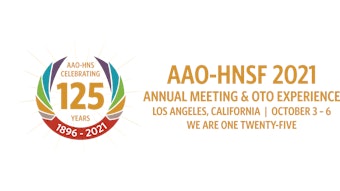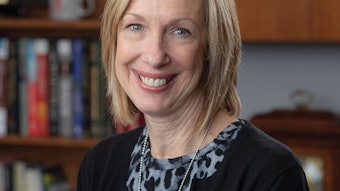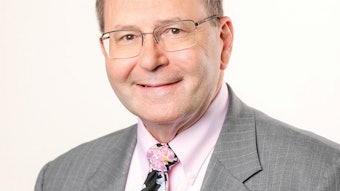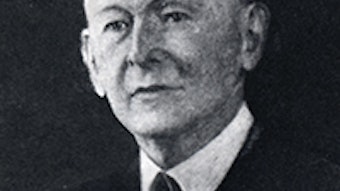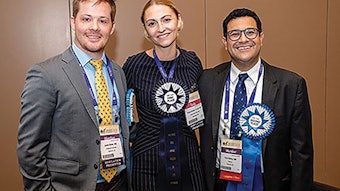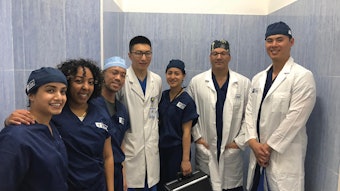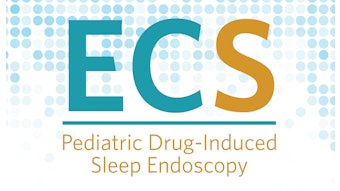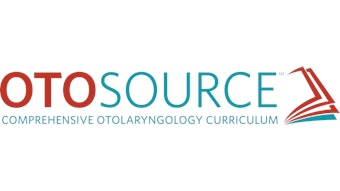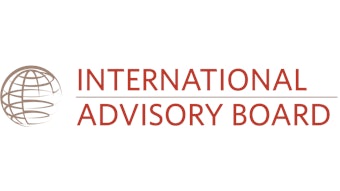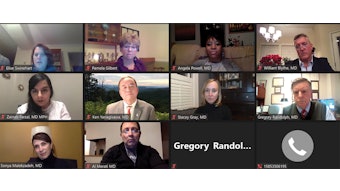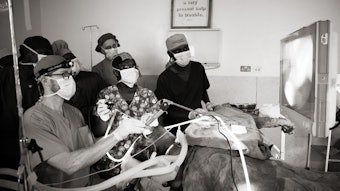Pearls from your Peers: Gaining Business Acumen for Practice Development
Ashli O’Rourke, MD, is the director of laryngology and holds the Evelyn Trammell Endowed Chair in Otolaryngology at the Medical University of South Carolina (MUSC).
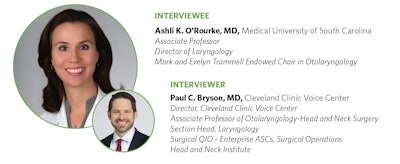
Ashli O’Rourke, MD, is the director of laryngology and holds the Evelyn Trammell Endowed Chair in Otolaryngology at the Medical University of South Carolina (MUSC). She originally trained and practiced as a speech-language pathologist before entering medical school. She completed her residency in otolaryngology-head and neck surgery at the University of Virginia, followed by a laryngology fellowship at the Medical College of Georgia. She has been with MUSC since 2012.
While Dr. O’Rourke is specialized in laryngology, this edition of Pearls from Your Peers, brought to you by the AAO-HNSF Education Committees, focuses on the rarely taught skills of practice development that may be useful to our readership. Dr. O’Rourke recently negotiated the creation of a new Voice and Swallowing Center that included additional staffing, space acquisition, and capital expenditures. In addition, she has operationalized advanced practice providers in a new funds-flow environment. Dr. O’Rourke spoke to me about her process of practice development, and following is an excerpt from our conversation.
“The development of our new center was a definite learning experience for me since I lack any formal business education. Although I knew that a new center would improve patient care, I had to be able to make this argument financially viable. As physicians, many of us are so busy in the trenches of clinical care that we do not think about all the behind-the-scenes financial operations that make the process happen. We may not ask ourselves: Where does the money come from? What is my real overhead? What are we paying for staff salaries and benefits? Successful business development depends on understanding revenue cycles, return on investment for capital expenditures, and monthly/ongoing operating budgets. Before this process, I had no idea how much it cost a month for my practice to function. After it, I can tell you how much we pay each month for saline vials or cotton balls. Financially successful practice development requires granularity and personal involvement.
“I started my journey by clearly defining what the center would be and creating a formal business plan. In crafting this it was important to understand the pathway early and build the partnerships and relationships needed to ask the right questions. I spoke with people from within the system informally to better understand trends within my organization. I took advantage of the expertise of hospital business analysts to teach me about proformas and understand my financial data, as well as review market projections and return on investment estimations. I learned to be flexible and critical of my own thinking as I digested the data. Understanding the costs and efficiencies led me to change my plan in some meaningful ways. I got better at telling my story and why it mattered.
“A critical pearl for success is to be prepared to appropriately present your business plan to others. Many of us have experience with public speaking, but the type of presentation required to relay a business strategy can be very different from our scientific podium presentations or didactic lectures. Your audience isn’t fellow otolaryngologists but chief financial officers and other business-savvy individuals. I read many different sources, but a book I found particularly useful was Thank You for Arguing by Jay Heinrichs. It helped me think about understanding my audience and how to make others care about my vision and want to assist me reach my goal of a new Voice and Swallowing Center.”

